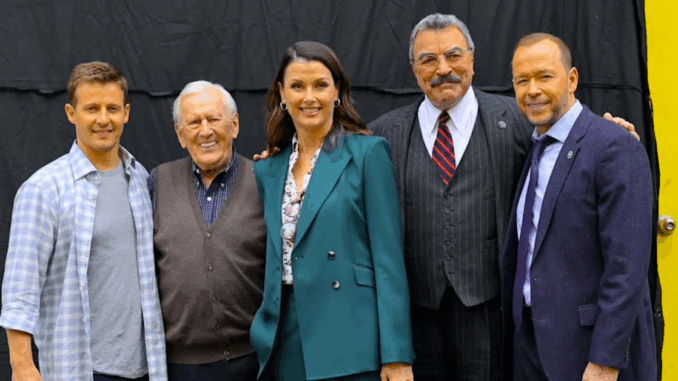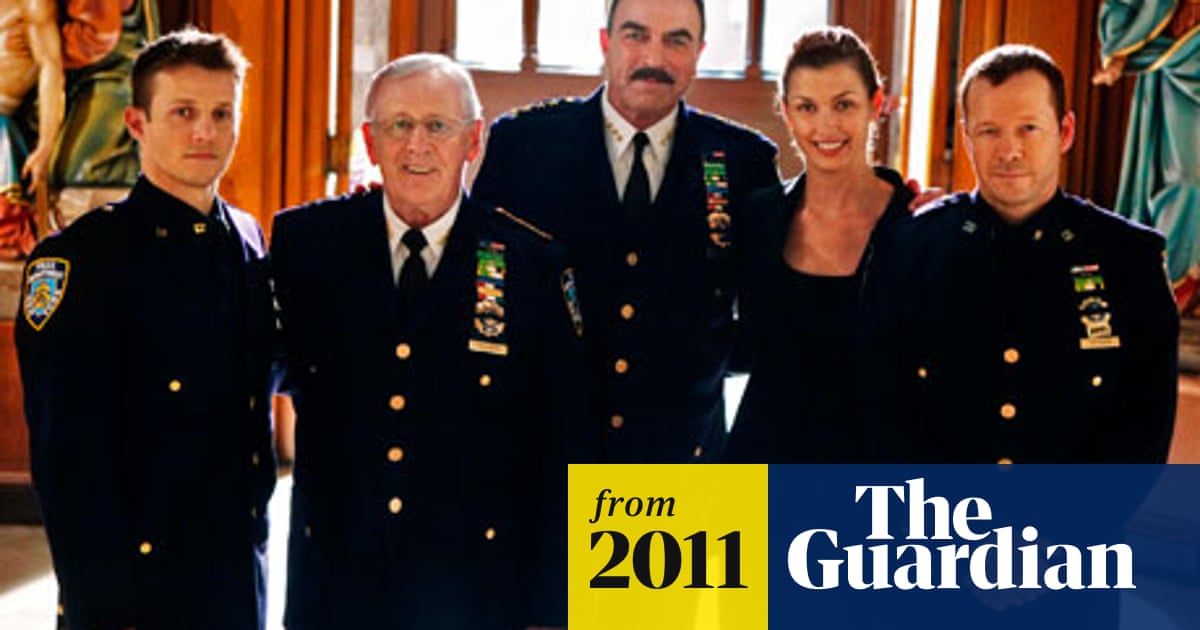
Why Blue Bloods Defied the Procedural Formula
Most crime shows are built on fast-paced plots, cliffhangers, and gritty action. Blue Bloods had all of that—but it also had something no other procedural dared to make central: family dinner.
Every Friday night, the Reagan family gathered around the table to discuss faith, duty, politics, pain, and morality. That recurring ritual became the emotional spine of the show. And somehow, in between arrests and shootouts, what people really waited for was that slow, simmering Sunday meal.
It wasn’t just a gimmick. It was a philosophy.
A Cast That Felt Like Home
Blue Bloods thrived not just because of its stories but because of its cast. Tom Selleck brought a gravitas to Frank Reagan that made him feel like a real leader. Bridget Moynahan gave Erin a steely determination that was grounded in compassion. Donnie Wahlberg’s Danny wasn’t just the “cop with a temper”—he was the beating heart of the street.
Each actor evolved with their role. Audiences watched Will Estes’ Jamie grow from a rookie officer into a respected sergeant. They saw Sami Gayle’s Nicky move in and out of the family’s spotlight. Even recurring characters like Abigail Baker and Anthony Abetemarco brought dimension and texture.
The ensemble was more than a team. It felt like a family—and not just on screen.
Real Issues, Real Conversations

While the series leaned toward conservative themes, it didn’t shy away from modern debates. It tackled race relations, body cameras, immigration, political interference in policing, and gender dynamics in law enforcement. The difference was in the delivery: Blue Bloods let its characters disagree without tearing each other apart.
It created space for respectful debate—something that’s rare both on TV and in real life.
The Hidden Genius of Slowness
Where most crime shows rely on speed, Blue Bloods embraced stillness. It paused for character moments, reflective silence, and spiritual introspection. That decision may have made it less flashy, but it also made it more enduring.
This pacing gave depth to scenes. A look between Frank and Henry Reagan could carry more emotional weight than an entire action sequence in another series.
Why It Will Be Missed
Blue Bloods didn’t just tell stories about law enforcement. It told stories about people trying to do the right thing in a world that often rewards the opposite. It wasn’t perfect—but it was honest.
As the final season aired, it became clear: viewers weren’t just saying goodbye to a show—they were saying goodbye to a moral compass in their TV lineup.
And in a world full of noise, Blue Bloods left quietly. Like a good man who served his city, came home, and made it to dinner on time.